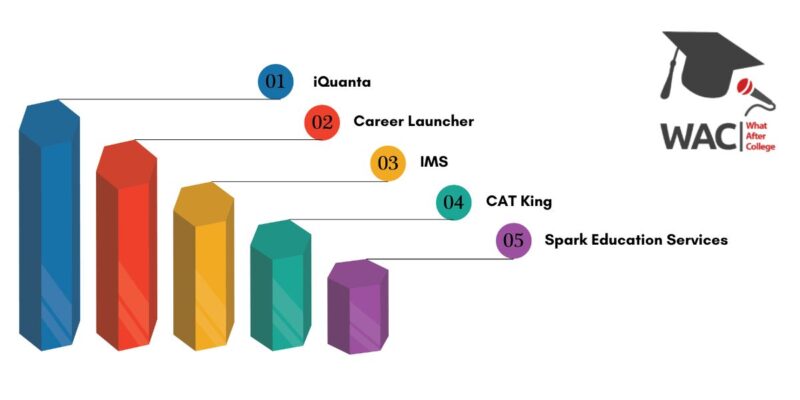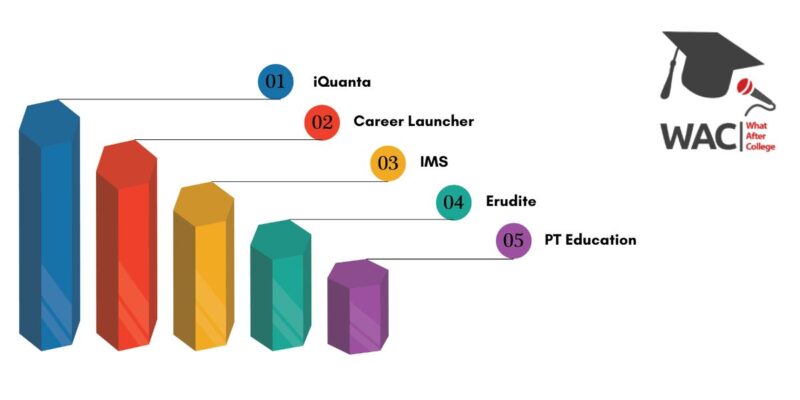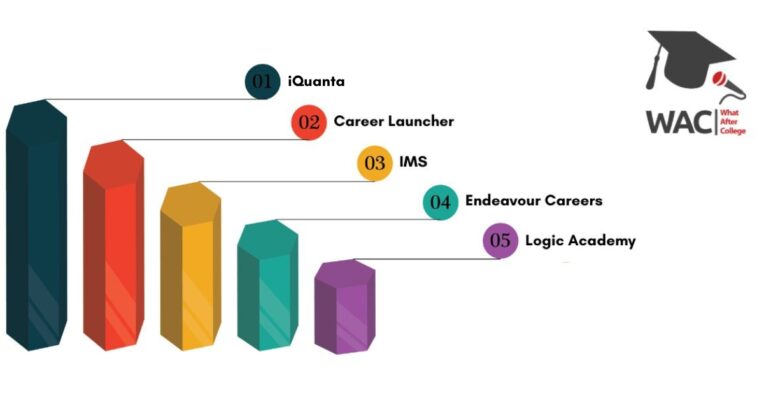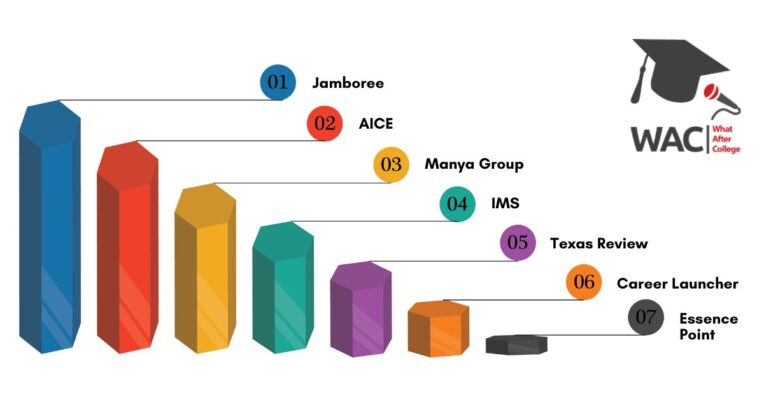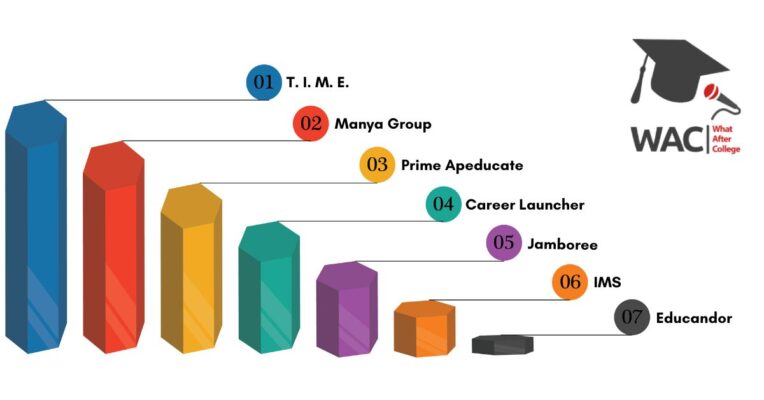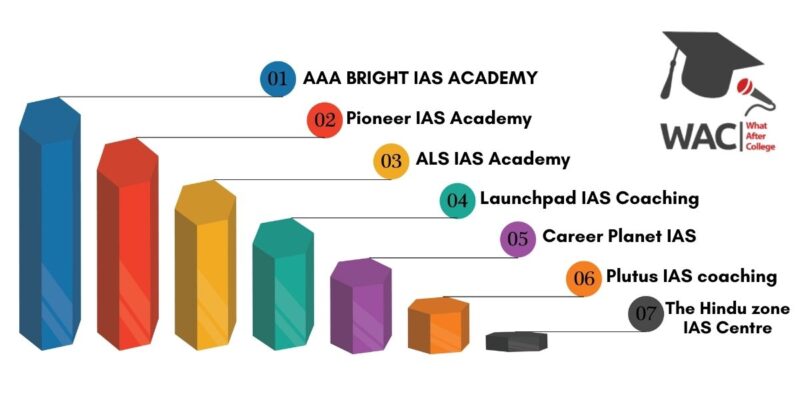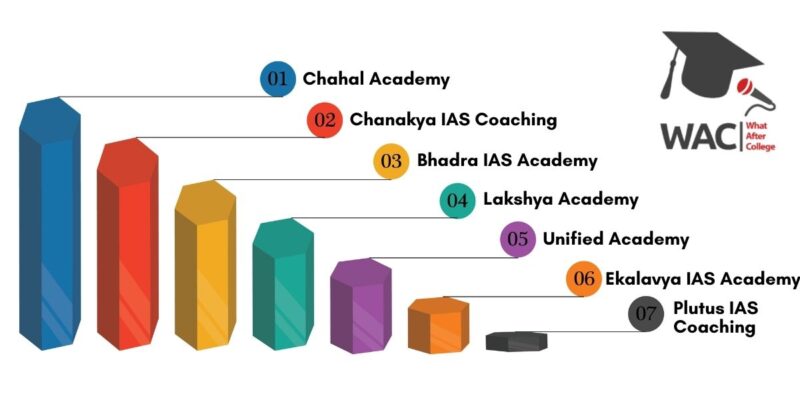1. When can I apply for IAS 2022?
IAS 2022 registration had begun on February 02, 2022, and the application deadline was on February 22, 2022. IAS pre exam date is on June 5th. When applications are made accessible, prospective candidates can submit IAS Exam form for 2023.
2. IAS exam age limit for general? (H3)
A candidate must be between the ages of 21 and 32 to be eligible for the IAS exam. Candidates from reserved categories do, however, receive some age relaxations.
3. How much does the IAS make?
An IAS officer’s base pay, as determined by the 7th Pay Commission, is Rs 56,100.
4. Is IAS exam difficult?
Because of its broad syllabus and intense competition, the IAS Exam is regarded as one of the hardest tests in the nation. However, anyone can pass it provided they have done their preparation homework and have a thorough understanding of the subjects covered in the UPSC syllabus. To pass the IAS Exam, one needs to work diligently, be determined, and have a strong sense of will.
5. Are 6 months sufficient to prepare for the IAS Exam?
The candidate may stand a chance of passing the IAS Exam if he or she has a solid understanding of the subjects covered in the UPSC syllabus and has read all of the NCERT books. But every expert advises beginning IAS preparation as soon as possible.
[showhide type=”link21″ more_text=”Show more…” less_text=”Show less…”]
6. What IAS optional subjects are there?
Candidates who are taking the IAS Mains exam have the option to select any one of 48 optional subjects. History, geography, law, physics, arithmetic, public administration, psychology, philosophy, medical science, sociology, political science, and international relations are among the elective disciplines on the list. The entire list of elective topics mentioned above has been addressed in this post.
7. Can I pass the IAS exam without taking any classes?
Yes, it is feasible to pass the IAS exam without coaching, and over the years, many students have succeeded in doing so. However, if you want to get the same results, you must have a solid study plan and execute it flawlessly. You must also maintain your dedication and focus while preparing.
8. How can one start getting ready for the IAS Exam ?
One of the most often asked questions by candidates is this one. Knowing everything there is to know about the IAS Exam, including its format, IAS exam information, and preparation method, is the first step in preparing for it. Next, create a thorough study timetable to put the strategy into practise.
9. IAS Mains has how many papers?
There are nine exams in the IAS Mains examination: Indian Language, English, Essay, GS-1, GS-2, GS-3, GS-4, and Optional Subjects-1 and -2. From the list of UPSC optional subjects, candidates are free to select any subject they desire. Each of the two optional subject papers gets 250 marks.
10. Can an average student qualify IAS Exam?
The only requirements for passing ANY test are patience and persistence. You will undoubtedly get the desired outcome if you are serious in your preparation and have the correct motives to pass the exam. To be sure you are on the proper path, enrol in a reputable course and seek out experienced mentoring. Start your preparations early, aside from that. Reading the NCERT books for IAS exam is a simple place to start.
[/showhide]






